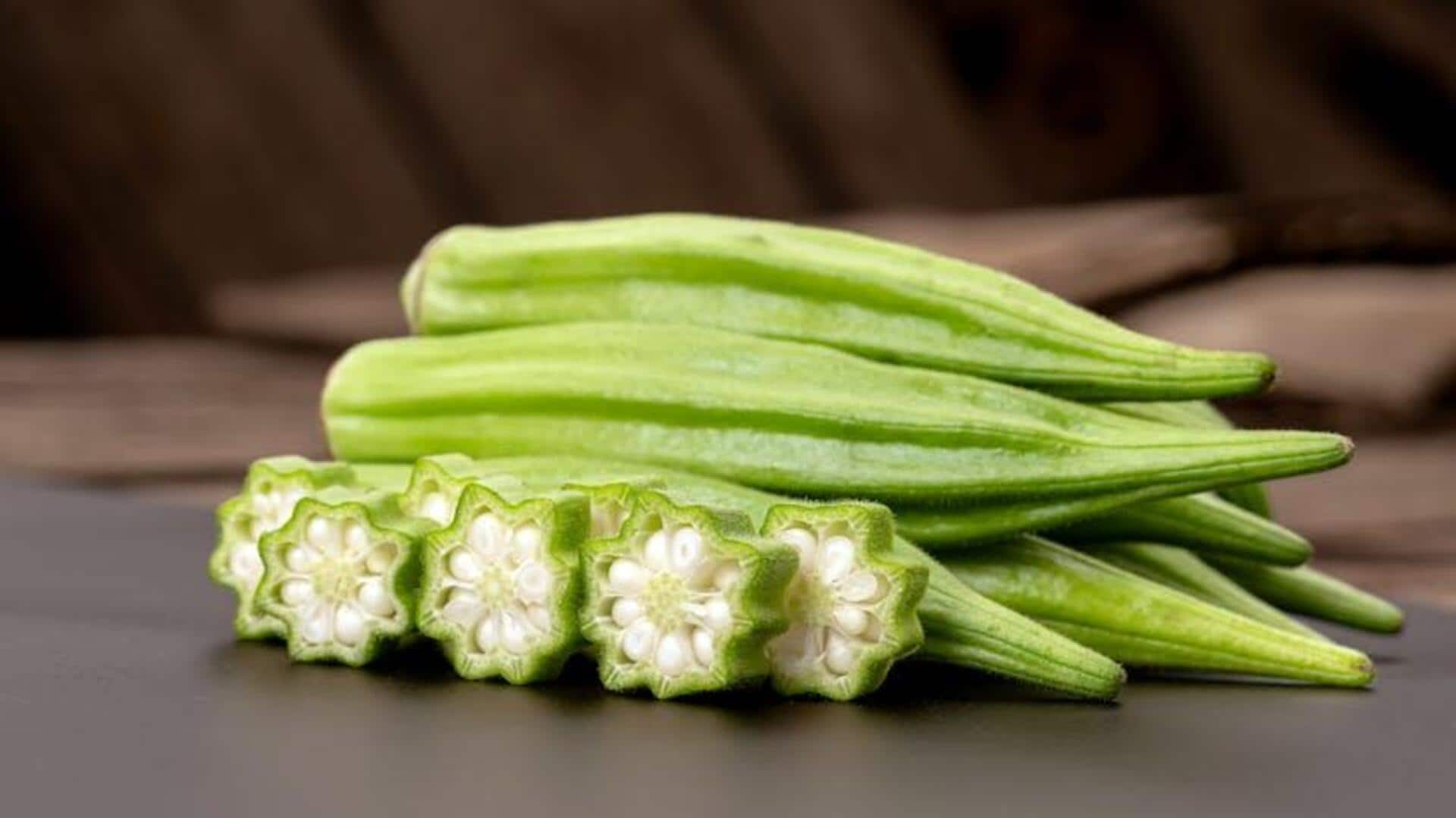
Okra beyond cooking: 5 unique uses
What's the story
African okra isn't just a versatile ingredient in the kitchen, it does so much more! The nutrient-packed green pod has been employed in several innovative ways, outside of the kitchen. From skincare to the craft corner, okra's unique attributes make it a fantastic resource to have for creative uses. Here are five innovative ways to use African okra, apart from cooking.
Skincare
Natural skincare ingredient
Packed with vitamins A and C, okra makes an excellent natural ingredient for skincare products. Its mucilage can serve as a hydrating face mask or moisturizer, soothing dry skin and reducing inflammation. By blending fresh okra pods into a paste and applying it directly onto the skin, you can enjoy the nourishing benefits of this vegetable without any added chemicals.
Crafting
Eco-friendly craft material
The fibrous texture of dried okra makes it a fun material for eco-friendly crafts. Artists and hobbyists can work with dried okra pods in making decorative items like wreaths or ornaments. The natural shape of the pods lends an organic touch to any craft project, while promoting sustainable practices by working with plant-based materials instead of synthetic ones.
Haircare
Plant-based hair conditioner
Okra's slippery consistency when boiled makes it an effective natural hair conditioner. The mucilage acts as a detangler and provides moisture to dry or damaged hair without leaving residue behind. To create this conditioner at home, boil sliced okra in water until the liquid becomes thickened; then strain out the solids before applying the gel-like substance onto clean hair.
Packaging
Biodegradable packaging solution
With growing concerns about plastic waste, finding biodegradable alternatives is crucial. Okra's mucilage has potential as a biodegradable packaging solution due to its film-forming abilities when combined with other natural polymers like starches or cellulose derivatives. This innovation could lead towards reducing reliance on non-renewable resources while offering environmentally friendly options for packaging needs.
Fertilizer
Organic fertilizer component
Once you have harvested edible parts from your African okra plants grown in your garden, you can think of using leftover plant material, such as leaves, stems, etc. These decompose quickly and return crucial nutrients back into the soil, enriching fertility levels naturally over time. This way, they support sustainable gardening practices seamlessly, making way for healthier ecosystems globally by recycling organic matter effectively within local environments where applicable.